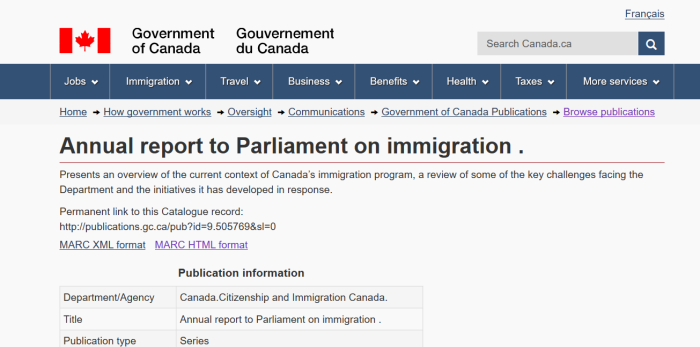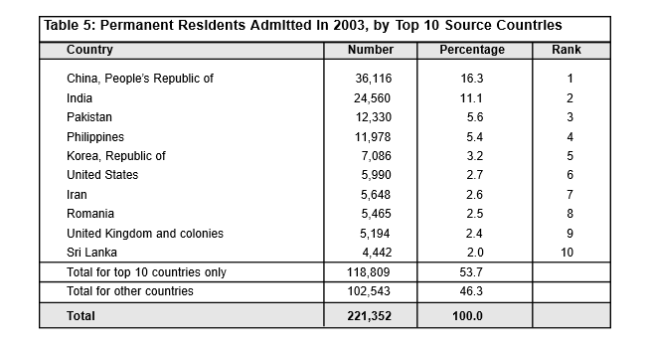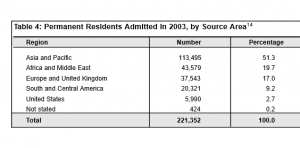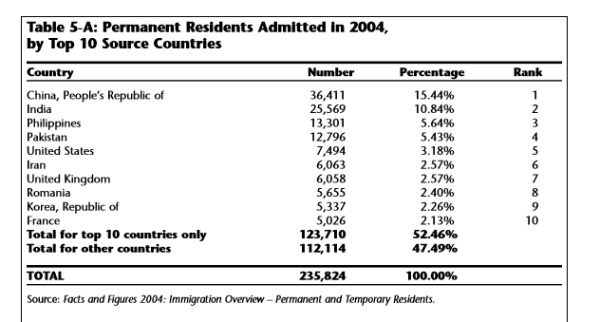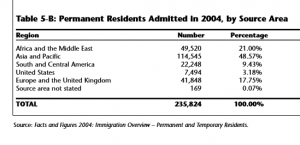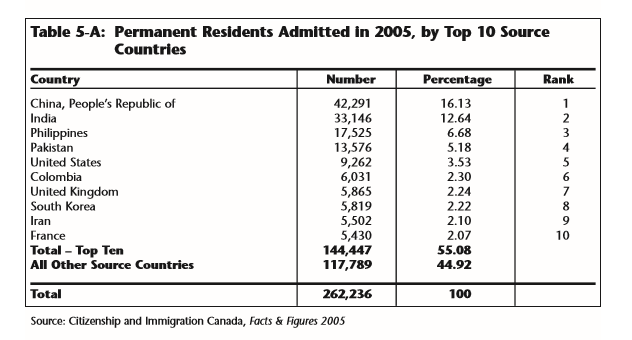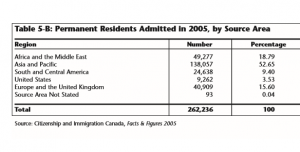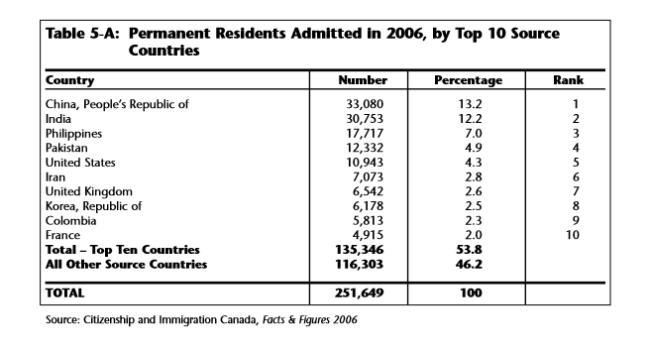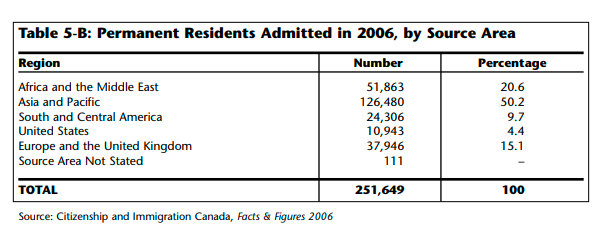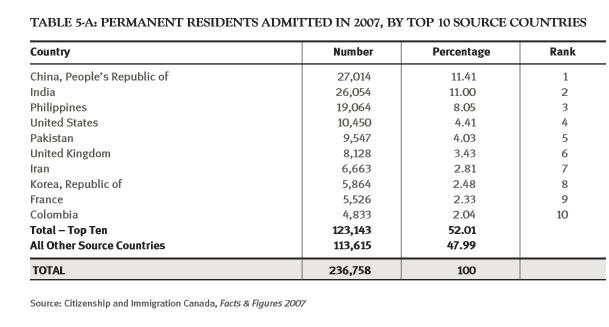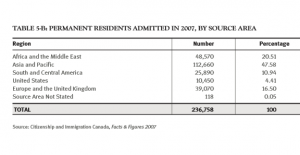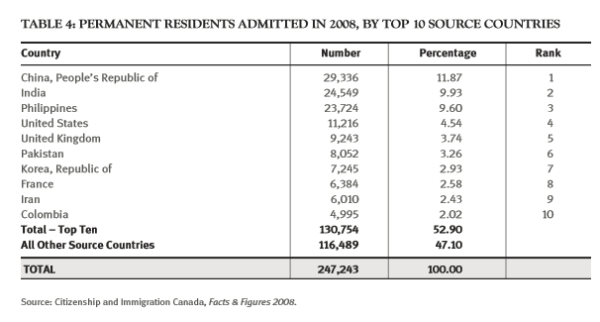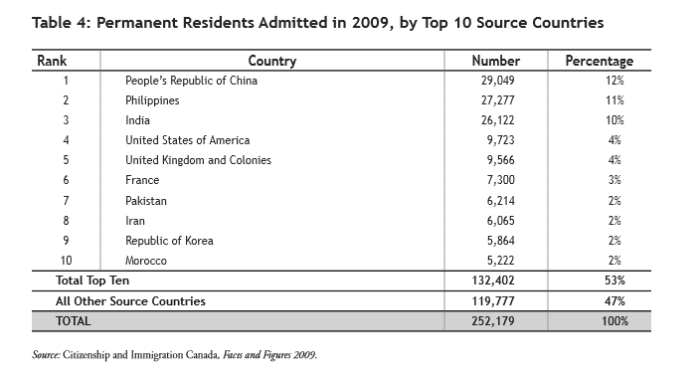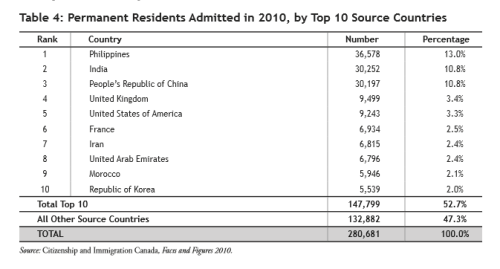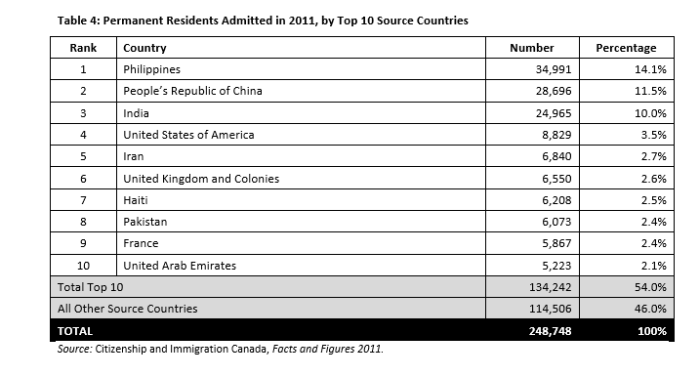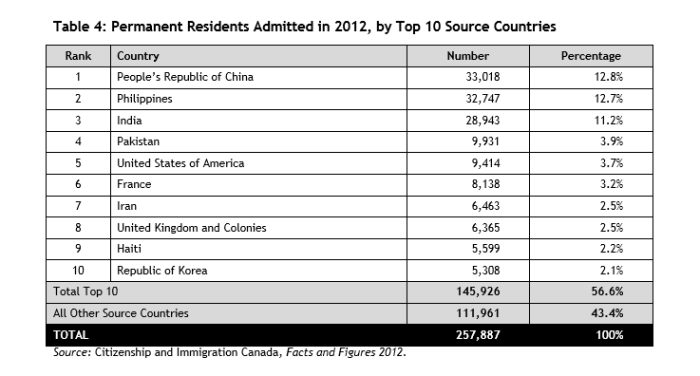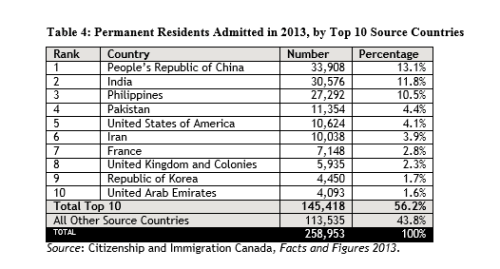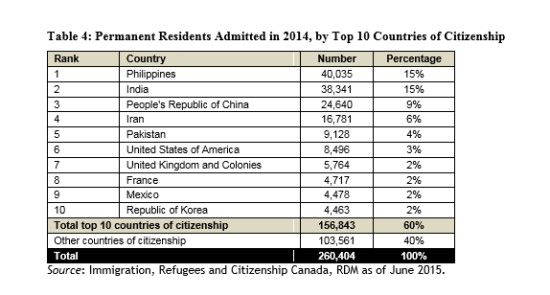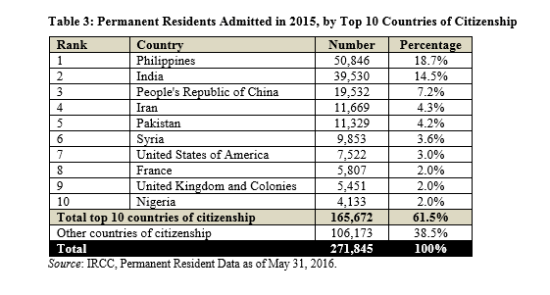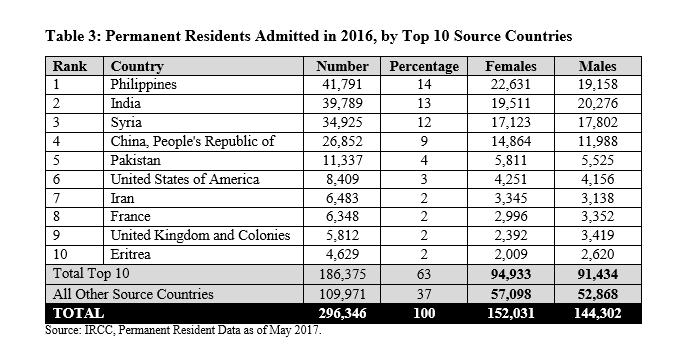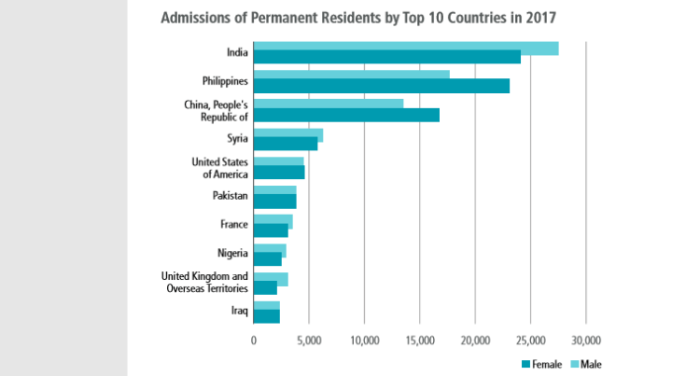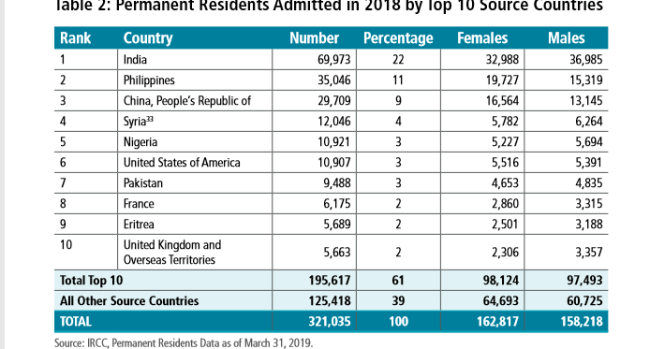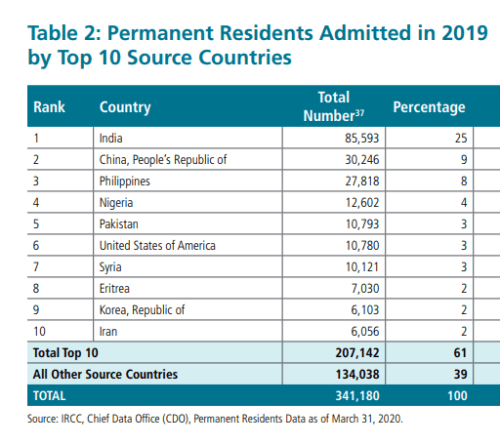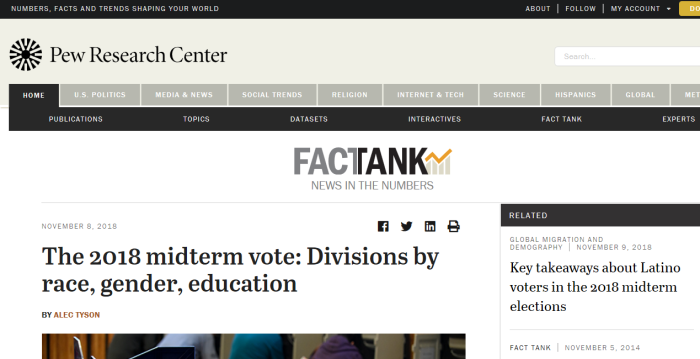
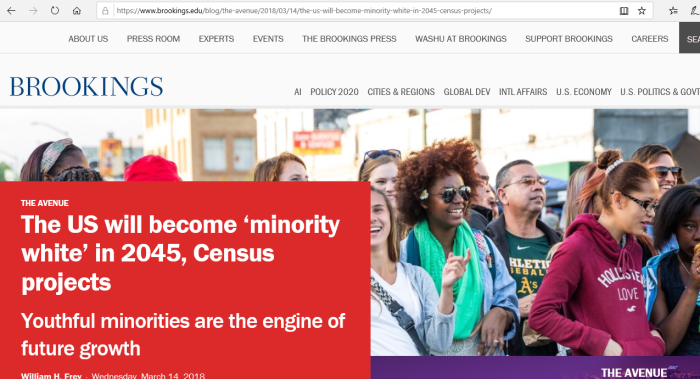
1. Mass LEGAL Immigration In Canada
Despite what many think, LEGAL immigration into Canada is actually a much larger threat than illegal aliens, given the true scale of the replacement that is happening. What was founded as a European (British) colony is becoming unrecognizable due to forced demographic changes. There are also social, economic, environmental and voting changes to consider. See this Canadian series, and the UN programs for more detail. Politicians, the media, and so-called “experts” have no interest in coming clean on this.
CLICK HERE, for UN Genocide Prevention/Punishment Convention.
CLICK HERE, for Barcelona Declaration & Kalergi Plan.
CLICK HERE, for UN Kalergi Plan (population replacement).
CLICK HERE, for UN replacement efforts since 1974.
CLICK HERE, for tracing steps of UN replacement agenda.
Note: If there are errors in calculating the totals, please speak up. Information is of no use to the public if it isn’t accurate.
2. Important Links
(1) https://www.pewresearch.org/fact-tank/2018/11/08/the-2018-midterm-vote-divisions-by-race-gender-education/
(2) http://archive.is/lfmVW
(3) https://www.pewresearch.org/fact-tank/2018/11/09/how-latinos-voted-in-2018-midterms/
(4) http://archive.is/OQ7Qn
(5) https://www.pewresearch.org/hispanic/2018/10/25/hispanic-voters-and-the-2018-midterm-elections/
(6) http://archive.is/wip/CcQzE
(7) https://www.brookings.edu/blog/the-avenue/2018/03/14/the-us-will-become-minority-white-in-2045-census-projects/
(8) http://archive.is/Z3Kio
(9) https://www.govtrack.us/congress/bills/89/hr2580/text
(10) http://archive.is/wip/XDpVh
(11) https://www.foxnews.com/us/new-york-city-250g-illegal-alien-immigration
(12) http://archive.is/Tim4b
(13) https://cis.org/Report/Impact-Legal-and-Illegal-Immigration-Apportionment-Seats-US-House-Representatives-2020
(14) http://archive.is/wip/E4WnR
(15) https://www.canlii.org/en/ca/laws/astat/sc-2011-c-26/latest/sc-2011-c-26.html
(16) http://archive.is/wip/LrCMy
(17) https://nationalpost.com/news/canada/tory-bill-would-add-30-new-mps-to-house-of-commons
(18) http://archive.is/wip/JVZqM
(19) https://globalnews.ca/news/2291301/immigrants-voted-liberal-by-a-landslide-and-other-things-we-learned-from-the-federal-election-results/
(20) http://archive.is/slmup
2004.annual.immigration.report.to.parliament
2005.annual.immigration.report.to.parliament
2006.annual.immigration.report.to.parliament
2007.annual.immigration.report.to.parliament
2008.annual.immigration.report.to.parliament
2009.annual.immigration.report.to.parliament
2010.annual.immigration.report.to.parliament
2011.annual.immigration.report.to.parliament
2012.annual.immigration.report.to.parliament
2013.annual.immigration.report.to.parliament
2014.annual.immigration.report.to.parliament
2015.annual.immigration.report.to.parliament
2016.annual.immigration.report.to.parliament
2017.annual.immigration.report.to.parliament
2018.annual.immigration.report.to.parliament
2019.annual.immigration.report.to.parliament
3. Why Canadians Should Care
Demographic changes in the U.S., both from legal “and” illegal immigration are changing voting trends. Specifically, most first generation immigrants vote for Democrats, and by a large margin.
This is not lost on Democrats. The party is pushing for:
(a) More immigration;
(b) More amnesty programs for illegals already here
(c) Voting rights for illegal aliens
(d) Abolishing the Electoral College
(e) Getting felons the right to vote in more states
(f) Getting younger people to vote
(g) Voting without photo I.D.
The reason behind this is not idealistic or moral. The idea is to effectively rig elections by getting more people to vote, if they are part of groups that vote for them by large margins.
As demographics change, voting patterns change. Once solidly conservative states are “turning blue”, as demographics now favour Democrats in more and more places. At one time unthinkable, Virginia turned blue, and Colorado, Arizona, Florida, Georgia, Texas and others are close to turning blue.
This issue is important to Canadians because the same thing is happening here. Demographic changes are turning more and more ridings liberal and socialist. It is making conservatism an unelectable ideology. While it is nice to say that demographics don’t matter, the fact is they do.
Look at the recent Canadian election. The Greater Toronto Area is now solidly Liberal, despite Trudeau’s horrible job as Prime Minister. This population change is irreversible, and will never support conservative candidates again.
Interestingly, it was Stephen Harper and Jason Kenney who flooded the GTA from 2006 to 2015, making those ridings uncompetitive. And when the next riding redistributions go ahead, there will be more and more liberal/socialist ridings created.
4. Data From 2018 U.S. Midterms
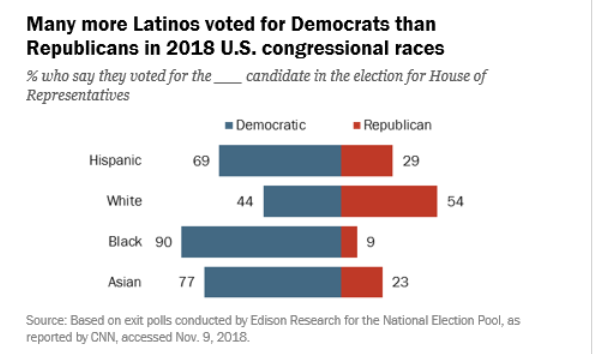
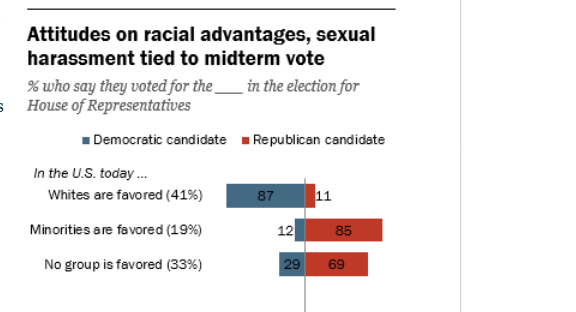
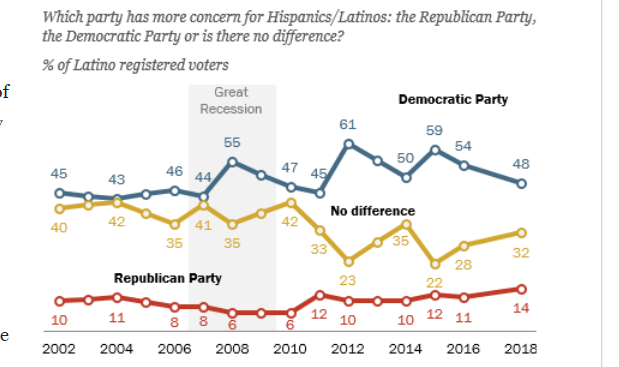
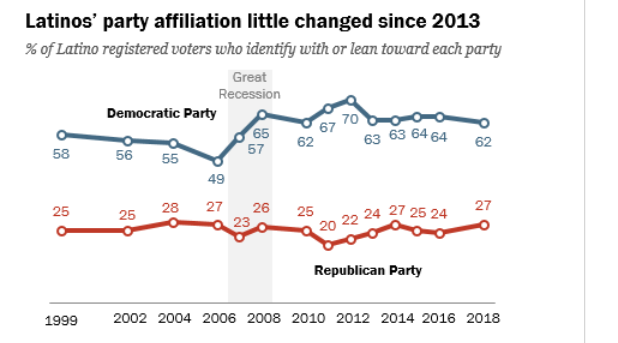
In U.S. congressional races nationwide, an estimated 69% of Latinos voted for the Democratic candidate and 29% backed the Republican candidate, a more than two-to-one advantage for Democrats, according to National Election Pool exit poll data
Blacks voted overwhelmingly (90%) for the Democratic candidate, including comparable shares of black men (88%) and black women (92%).
Overall, 41% of voters said whites in the country today are favored over minorities; 19% said that minorities are favored over whites, while 33% said that no group is favored. Attitudes on this question were strongly correlated with vote choice. Among those who said whites are favored in the U.S., 87% voted for Democrats. By contrast, large majorities of those who said minorities are favored (85%) or that no group is favored (69%) voted for Republican candidates.
Among voters who said this was the first midterm in which they voted, 62% favored the Democrat and just 36% supported the Republican.
The data from Pew Research makes it pretty clear: minorities vote by very large margins for Democrats. 90% of blacks, and 70% of Hispanics support them, margins that have remained fairly constant for decades.
Why do Democrats push for more and more immigration? Amnesty for illegals? Voting rights for children? Voting rights restored for felons? Because they want more voters.
Demographics are destiny, and these changes are permanently altering Western nations.
5. Whites To Become A Minority
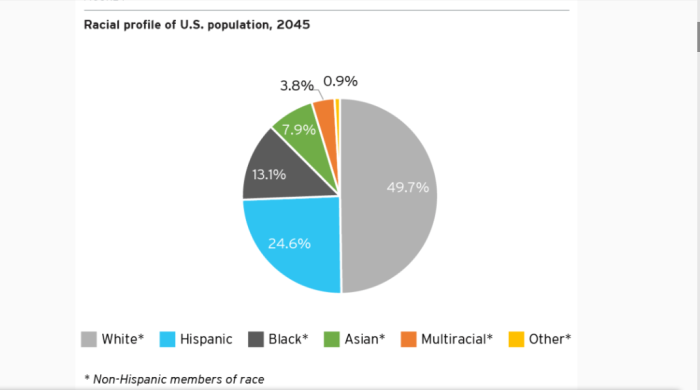
The Brookings Institute that in 2045, whites will stop being an overall majority in the United States, and will drop below 50% completely. From there the percentage of whites will continue to fall.
Of course, if more amnesties are granted for illegal aliens, that switch could happen a lot sooner than 2045. As stated before, Democrats are pushing for amnesty, as they know the (net) vote addition will go very well in their favour.
New census population projections confirm the importance of racial minorities as the primary demographic engine of the nation’s future growth, countering an aging, slow-growing and soon to be declining white population. The new statistics project that the nation will become “minority white” in 2045. During that year, whites will comprise 49.7 percent of the population in contrast to 24.6 percent for Hispanics, 13.1 percent for blacks, 7.9 percent for Asians, and 3.8 percent for multiracial populations
Why this drastic shift? Well, it could be the 1965 Hart Cellar Act, which changed U.S. immigration laws that favoured Europeans and capped the number. Despite claims that there would be no drastic change in the makeup of the United States, that has proven to be false.
But don’t worry, these changes won’t lead, to people being arrested or fined for hate speech. Oh wait, yes they will.
6. Changes To Lead To Seat Redistribution
High Immigration Causes Political Redistribution.
If immigrants were evenly spread throughout the country, they would have no impact on the distribution of House seats. Historically, immigrants have always been concentrated in some areas, and that is still true today. Of course, immigrants do tend to become more dispersed over time, but it is a very gradual process. In 1990, the top six states of immigrant settlement accounted for 73 percent of the total foreign-born population, while in 2000 these same six states accounted for 69 percent of the total foreign-born population. In 2020, the top six states will account for 63 percent of all immigrants, but only 40 percent of the nation’s total population. Although immigrants will almost certainly continue to move into new parts of the country, for decades to come there will continue to be states with very large immigrant populations, while other states have only a modest number. In 2020, there will still be 11 states with fewer than 100,000 immigrants, while five states will have more than two million.
The redistributive effects of immigration are not just a result of its concentration, but also partly depend on immigrants’ share of the total population. A very large immigrant population, even if it becomes more dispersed, can still have a significant impact on the distribution of House seats and Electoral College votes. As long as the number of immigrants (legal and illegal) entering the country remains very high, immigration will continue to redistribute political power in Washington. (While not examined in this report, the same dynamic applies within states, in drawing districts for the state legislatures.)
Representing Non-Citizens in Congress.
Although the political stakes for low-immigration states from continued high levels of immigration are clearly very significant, the related question of creating districts because of the presence of non-citizens is equally important to consider. While there is a consensus that naturalized citizens should be represented in Congress just like any other American, awarding congressional seats to states on the basis of their non-citizen populations raises important questions about political representation. This is especially true when one considers that these districts are created by taking representation away from states comprised of American citizens.
Consider the case of Ohio, the biggest loser from immigration-induced reapportionment. In 2020, there will be 292,000 non-citizens in Ohio, accounting for just 2 percent of the state’s population; California will be home to nearly 4.8 million non-citizens, accounting for 12 percent of the state’s population. Non-citizens cannot vote in federal elections, serve on juries, or work for the federal government in most cases. Many non-citizens, including foreign students, guest workers, and illegal immigrants also may not make campaign contributions. Thus, it may seem odd that they are “represented” in Congress. This is especially true because the majority of non-citizens in the country are either illegal immigrants or temporary visitors such as foreign students or guest workers. While one can at least argue that legal permanent residents who have not naturalized are entitled to representation in Congress because they are future Americans, illegal aliens and temporary visitors can make no such claim.
It is predicted that a few dozen seats will go towards Democrats in the 2020 election. This is because that immigration and population shifts will result in more seats that Democrats can win. This is about shifting political power.
Why Republicans support mass migration when it continuously dilutes their own base and voting bloc is a bit of a mystery. Is the cheap labour they import really worth it?
7. Canadian Parliament Seat Redistribution
The 2011 Fair Representation Act added 30 seats to the Canadian Parliament, (or about 10%) bringing the total to 338. It gave Ontario 15 more seats, BC 6 more, Alberta and Quebec 3 each. As a result, areas with most growth, such as high immigration, get more political power.
Although the Parliament has a limited number of seats, shifts will continue to mean high concentrations of immigrant communities will gain more power. Consequently, the original beliefs and values of the founding stock will continue to be replaced.
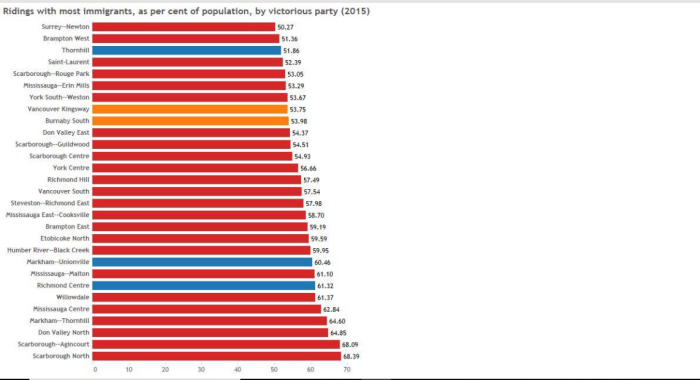
Well, according to this graph from Global News, most ridings with the highest immigrant population tend to vote Liberal.
8. About Those Students, Temp Workers
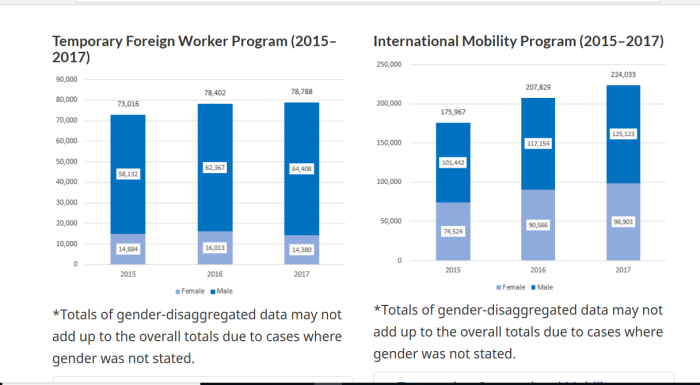
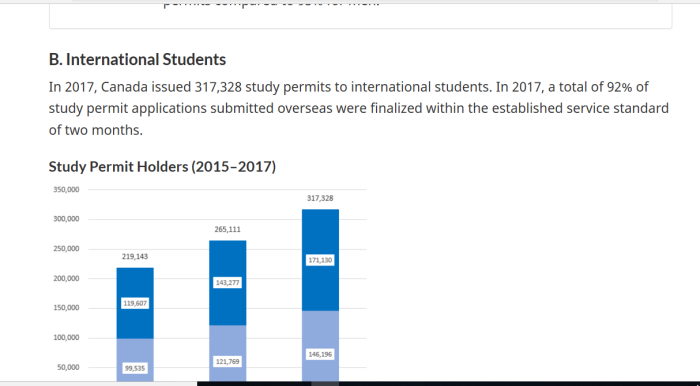
Not only is there the “official” population replacement going on in Canada, but there is the unofficial replacement as well. Specifically, hundreds of thousands of international students and temporary workers are coming to Canada. As has been covered here repeatedly, there are almost all eligible for some option of remaining in Canada long after their visa runs out.
How will Canada’s electoral map look after the next seat distribution? How many more safe Liberal ridings will there be as a result.
Whites are expected to become a minority in Canada soon. What will elections and voting results look like then?

